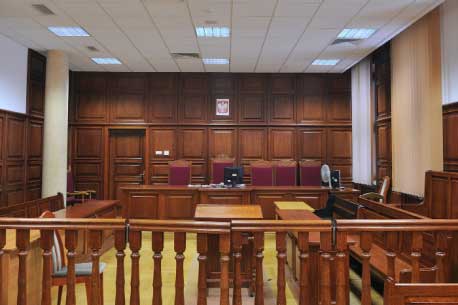Voluntary submission to penalty, that is conviction without evidentiary proceedings, can significantly shorten duration of the procedure. Moreover, the defendant is able to have an influence on the penalty imposed.
A relevant motion can be filed until all defendants are heard. The court can grant such a motion if:
- The circumstances of committing the offence and the perpetrator's guilt do not raise doubts.
- The aims of the proceedings shall be fulfilled despite the fact that the trial is not conducted in full.
Moreover, neither the prosecutor nor the aggrieved party opposes to granting the motion. Furthermore, the court can approve the motion on condition that certain amendments are introduced.
Granting the motion for voluntary submission to penalty, the court can use extraordinary mitigation of punishment, irrespective of the fact whether or not there would be grounds for it in other circumstances.
The motion for passing a sentence without evidentiary proceedings can be filed by the defendant before he or she receives a notice of the first-instance hearing date. Then the court shall decide on the motion not at a hearing but at a sitting, but only when the defendant is charged with a misdemeanour and not a felony.
[Legal status as at July 2015]



